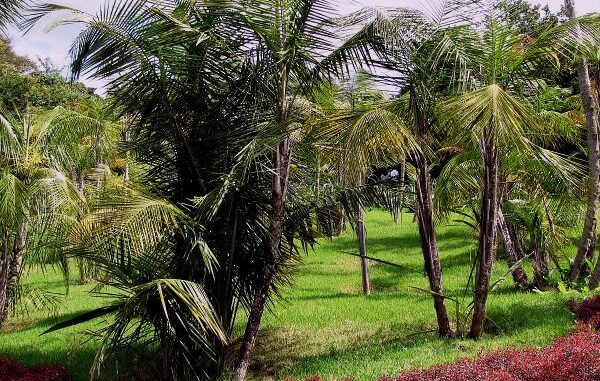
In a pioneering effort to combat malnutrition, orphans in Kinshasa, Democratic Republic of Congo, are being served an unconventional meal: fried palm weevil larvae. This initiative, spearheaded by the non-profit Farms for Orphans, aims to address the severe nutritional deficiencies plaguing the country’s vulnerable children.
Congo faces a dire food crisis, with a quarter of its 99 million population affected and half of all orphans malnourished. Edible insects, particularly larvae, are emerging as a sustainable protein alternative to meat, rich in fat, vitamins, fiber, and minerals.
Francoise Lukadi, an agricultural engineer leading the project, emphasizes the larvae’s high protein content and accessibility compared to meat. The palm worms, locally known as mpose, are typically prepared with vegetables and have a cheese-like flavor.
Initially funded by the Gates Foundation, Farms for Orphans now aims to scale up production for commercial sale, subsidizing donations to orphanages. The organization currently supplies four Kinshasa restaurants, reflecting growing local acceptance of this unconventional food source.
While the project shows promise, challenges remain. Scaling up production sustainably and addressing potential food safety risks are key concerns. Meanwhile, in neighboring Benin, farmers are exploring insect protein for animal feed, signaling a broader regional interest in this innovative approach to nutrition.
As Congo grapples with its food crisis, this creative solution offers a glimmer of hope for improving children’s nutrition using local, sustainable resources.
